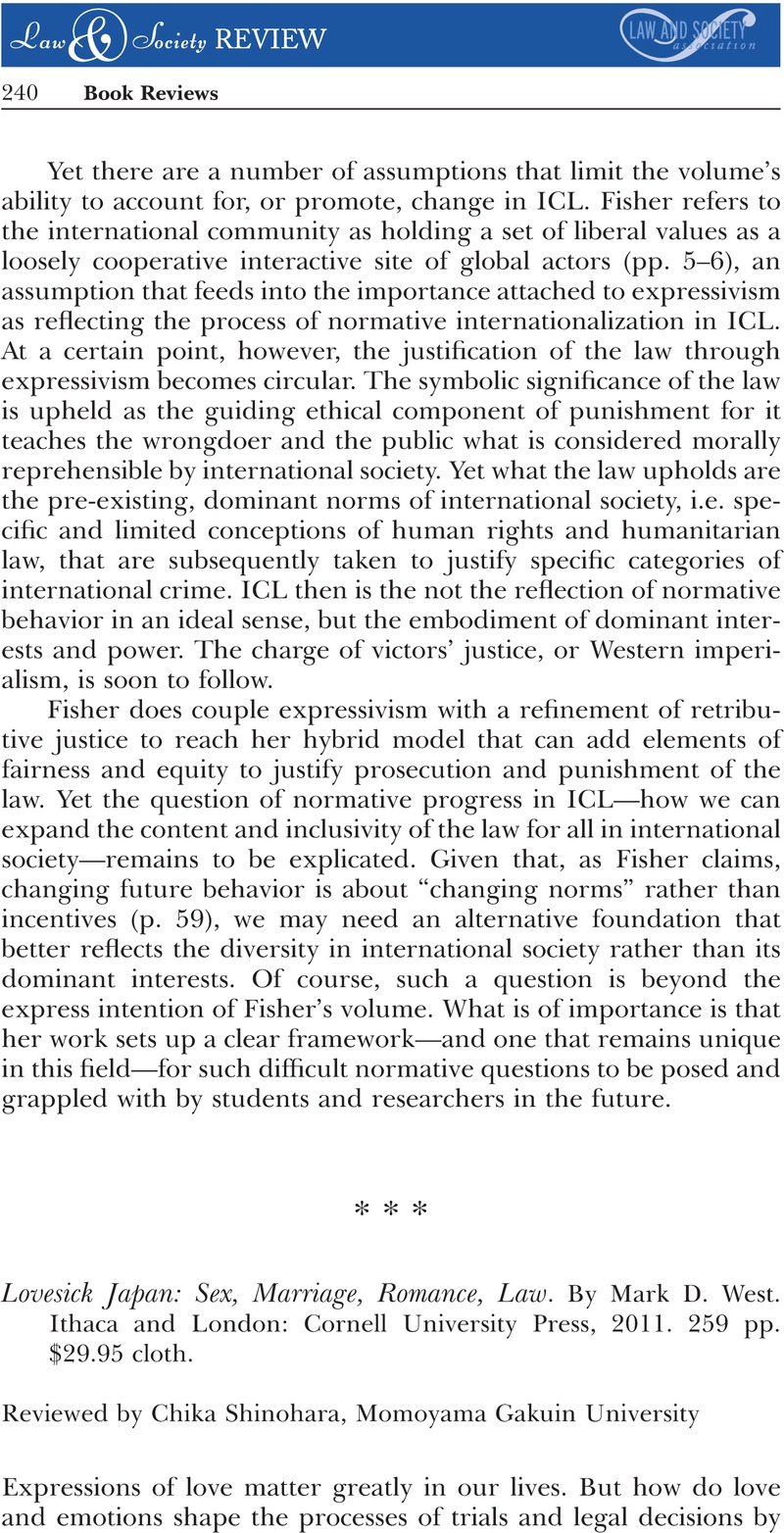Crossref Citations
This article has been cited by the following publications. This list is generated based on data provided by Crossref.
Pauwelyn, Joost
2015.
WTO Panelists Are From Mars, ICSID Arbitrators Are From Venus: Why? And Does it Matter?.
SSRN Electronic Journal,



